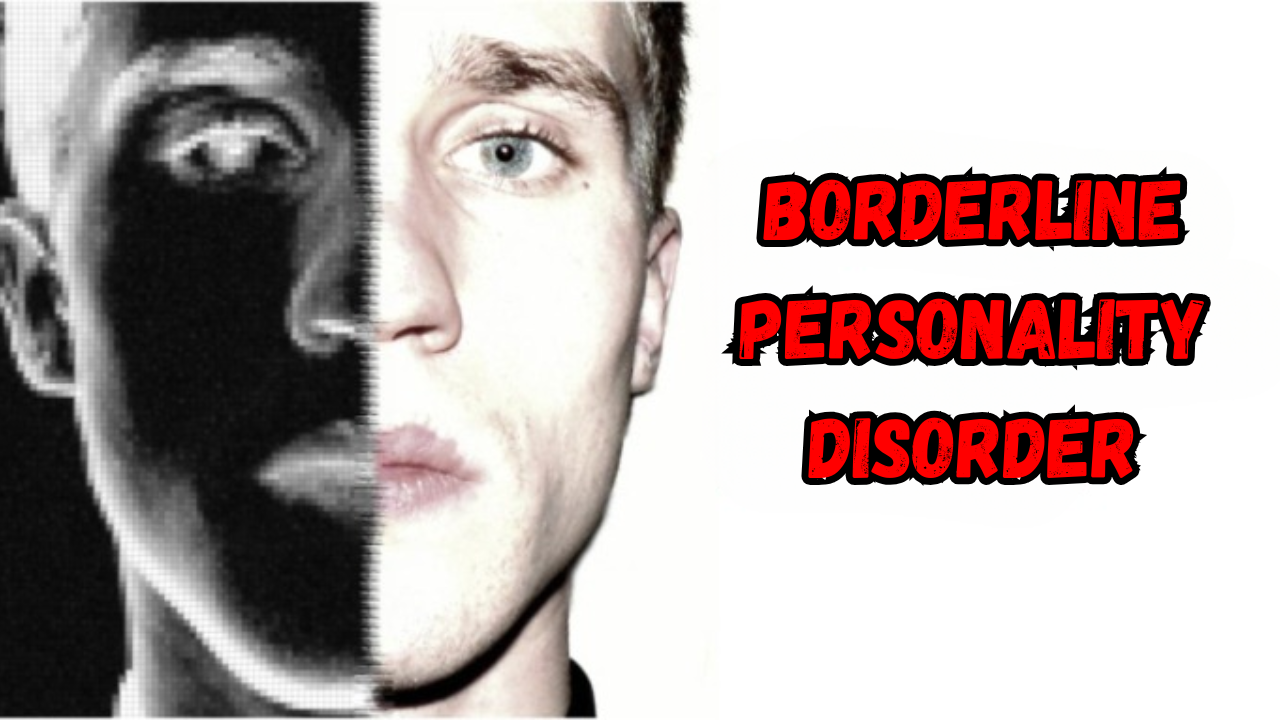
Borderline Personality Disorder | Symptoms, Diagnosis, and Treatment
Borderline Personality Disorder (BPD) is a complex mental health condition that affects an estimated one in a hundred people. Characterized by intense emotions, unstable relationships, and impulsive behaviors, BPD can significantly impact an individual’s life. In this article, we will explore the symptoms, diagnosis, and treatment options for BPD, providing a thorough understanding of this challenging disorder.
Understanding Borderline Personality Disorder:
BPD is marked by a pattern of instability in emotional regulation, self-image, and interpersonal relationships. Here are some key issues faced by individuals with BPD:
- Emotional Lability: Individuals with BPD often experience significant difficulty controlling and regulating their emotions. This can lead to sudden mood swings and intense emotional responses.
- Unstable Self-Image: People with BPD may have an uncertain or unstable sense of self, leading to frequent changes in their goals, values, and self-perception.
- Intense and Unstable Relationships: Relationships with others can be characterized by extreme idealization followed by devaluation, often in short intervals.
- Fear of Abandonment: A pervasive fear of being abandoned or rejected, even in the absence of actual threats, can lead to frantic efforts to avoid real or imagined abandonment.
- Chronic Feelings of Emptiness: A persistent sense of emptiness or void can contribute to feelings of worthlessness and depression.
- Impulsive and Risky Behaviors: Individuals with BPD may engage in impulsive actions, such as substance abuse, binge eating, or reckless driving, as a way to cope with emotional distress.
Causes of Borderline Personality Disorder:
The exact cause of BPD is not fully understood, but it is believed to result from a combination of biological factors and early life experiences, such as trauma. Factors that may contribute to the development of BPD include:
- Genetic Predisposition: A family history of mental health disorders may increase the risk of developing BPD.
- Neurobiological Factors: Abnormalities in brain structure and function, particularly in areas related to emotion regulation and impulse control, may play a role.
- Environmental Factors: Traumatic experiences, such as physical or emotional abuse during childhood, can contribute to the development of BPD.
Diagnosing Borderline Personality Disorder:
Diagnosing BPD involves a comprehensive assessment by a mental health professional. Psychiatrists and psychologists look for patterns of behavior and emotional instability that are:
- Inflexible: The behaviors and emotional responses are persistent and do not change over time.
- Pervasive: The symptoms affect multiple areas of the individual’s life, including work, relationships, and self-image.
- Long-Standing: The symptoms have been present for an extended period, typically starting in adolescence or early adulthood.
- Clinically Significant: The symptoms cause significant distress or impairment in daily functioning.
Treatment for Borderline Personality Disorder:
Despite the challenges associated with BPD, effective treatment options are available. The most successful treatment approaches focus on psychotherapy, with Dialectical Behavior Therapy (DBT) being the most widely used and researched method.
Dialectical Behavior Therapy (DBT):
DBT is a type of cognitive-behavioral therapy that emphasizes balancing acceptance and change. It involves individual therapy sessions, group skills training, and phone coaching to help individuals develop coping strategies and improve emotional regulation. Key components of DBT include:
- Mindfulness: Practicing mindfulness helps individuals stay present and aware of their thoughts and emotions without judgment.
- Emotional Regulation: Learning to manage and regulate intense emotions reduces impulsive and self-destructive behaviors.
- Interpersonal Effectiveness: Developing effective communication and relationship skills improves interactions with others.
- Distress Tolerance: Building the ability to tolerate and cope with distressing situations without resorting to harmful behaviors.
Importance of a Strong Therapeutic Relationship:
The success of treatment for BPD heavily relies on the strength of the therapeutic relationship between the individual and the mental health professional. It is crucial to engage clinicians who have a thorough understanding of BPD and experience in treating the condition. The maintenance of a supportive and trusting therapeutic relationship is integral to achieving positive outcomes.
Conclusion:
Living with Borderline Personality Disorder presents numerous challenges, but with the right treatment and support, individuals can achieve significant improvements in their emotional regulation, relationships, and overall well-being. Understanding BPD and promoting awareness can help reduce the stigma associated with the disorder and improve access to effective services. If you or someone you know is struggling with BPD, seeking professional help is the first step towards recovery.
FAQs:
Q1: What are the main symptoms of BPD?
The main symptoms of BPD include emotional instability, unstable self-image, intense and unstable relationships, fear of abandonment, chronic feelings of emptiness, and impulsive behaviors.
Q2: How is BPD diagnosed?
BPD is diagnosed through a comprehensive assessment by a mental health professional, who looks for patterns of inflexible, pervasive, and long-standing behaviors that cause significant distress or impairment.
Q3: What causes BPD?
BPD is believed to result from a combination of genetic, neurobiological, and environmental factors, including early life trauma and a family history of mental health disorders.
Q4: What is Dialectical Behavior Therapy (DBT)?
DBT is a type of cognitive-behavioral therapy that focuses on balancing acceptance and change. It includes mindfulness, emotional regulation, interpersonal effectiveness, and distress tolerance skills.
Q5: Can people with BPD recover?
Yes, with appropriate treatment and support, individuals with BPD can experience significant improvements in their symptoms and overall quality of life.
Q6: How important is the therapeutic relationship in treating BPD?
The therapeutic relationship is crucial for the success of BPD treatment. A strong, supportive, and trusting relationship with a skilled mental health professional is integral to achieving positive outcomes.